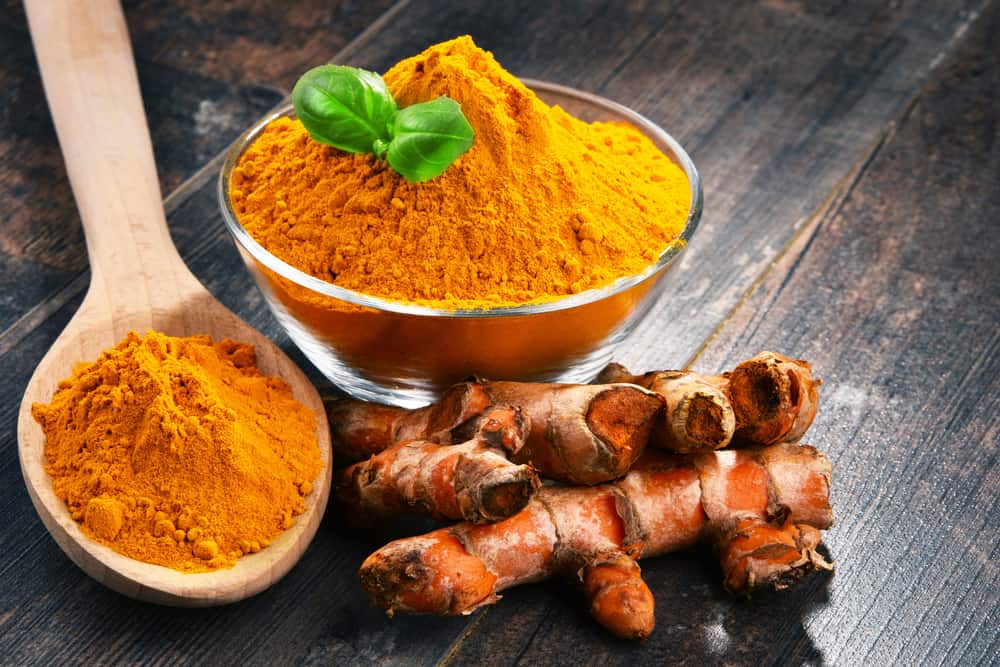Turmeric, a spice from South Asia derived from the Curcuma longa root, has been used as a medicine for nearly 4000 years. Recent studies have shown that turmeric may help to relieve joint pain caused by arthritis because the active ingredient, curcumin, is now known to have anti-inflammatory properties. Curcumin has been shown to have similar efficacy to diclofenac, a non-steroidal anti-inflammatory drug, with fewer side effects. Similar improvements in pain severity and function were seen with curcumin and diclofenac in a randomized, controlled clinical study of 139 patients with knee osteoarthritis. Nineteen patients in the diclofenac group (and none in the curcumin group) required anti-ulcer medications at 28 day followup [1].
Turmeric for Joint Pain Relief
Curcumin has also been shown to have a strong antioxidant capacity. In a randomized double-blind placebo-controlled trial, patients with mild-to-moderate knee osteoarthritis were given the curcuminoid and were compared to a group that received a placebo for 6 weeks. [2] Researchers measured the levels of enzymes known to influence inflammation (e.g. superoxide dismutase (SOD) and malondialdehyde (MDA)). The treatment group showed significant changes in these enzymes suggesting that short-term supplementation with curcumin decreases oxidative stress.
Another randomized, double-blind, placebo-controlled trial of low or high dose bio-optimized Curcuma longa in 150 patients with knee osteoarthritis measured serum biomarkers of cartilage degradation (sColl2-1). [3] The high dose extract showed a transient but non-significant decrease in the cartilage degradation biomarkers. Moreover, pain improvement in the low- and high-dose extracts was better than in the placebo group after 90 days of treatment.
The effects of topical curcumin 5% ointment on osteoarthritis knee pain in patients older than 70 years was studied in a double-blind, randomized placebo-controlled trial.[4] Subjects applied either the ointment or a placebo (Vaseline) twice a day for 6 weeks. The pain intensity was significantly lower in the group receiving the curcumin ointment than in the placebo group suggesting that this treatment may be considered for older adults with knee osteoarthritis.
[1] Shep D, Khanwelkar C, Gade P, Karad S. Safety and efficacy of curcumin versus diclofenac in knee osteoarthritis: a randomized open-label parallel-arm study. Trial 2019; 20:214.
[2] Panahi Y, Alishiri GH, Parvin S, Sahebkar A. Mitigation of systemic oxidative stress by curcuminoids in osteoarthritis: results of a randomized controlled trial. J Dietary Suppl. 2016;13(2):209–20.
[3] Henrotin Y, Malaise M, Wittoek R, Vlam K, et al. Bio-optimized Curcuma longa extract is efficient on knee osteoarthritis pain: a double-blind multi center randomized placebo controlled three-arm study. Arthritis Research and Therapy 2019; 21, 179.
[4] Jamali N, Adib-Hajbaghery M, Soleimani A. The effect of curcumin ointment on knee pain in older adults with osteoarthritis: a randomized placebo trial. BMC Complementary Medicine and Therapies, 2020, 20:305.
